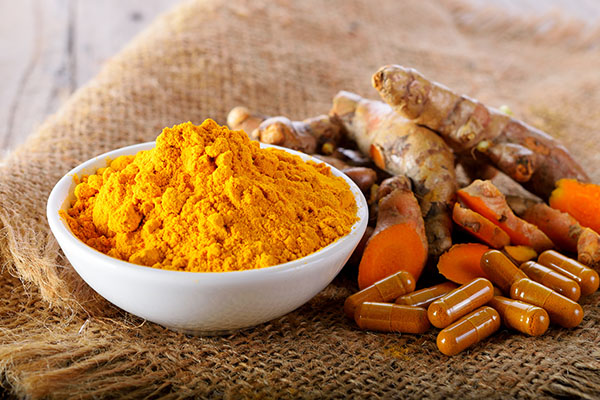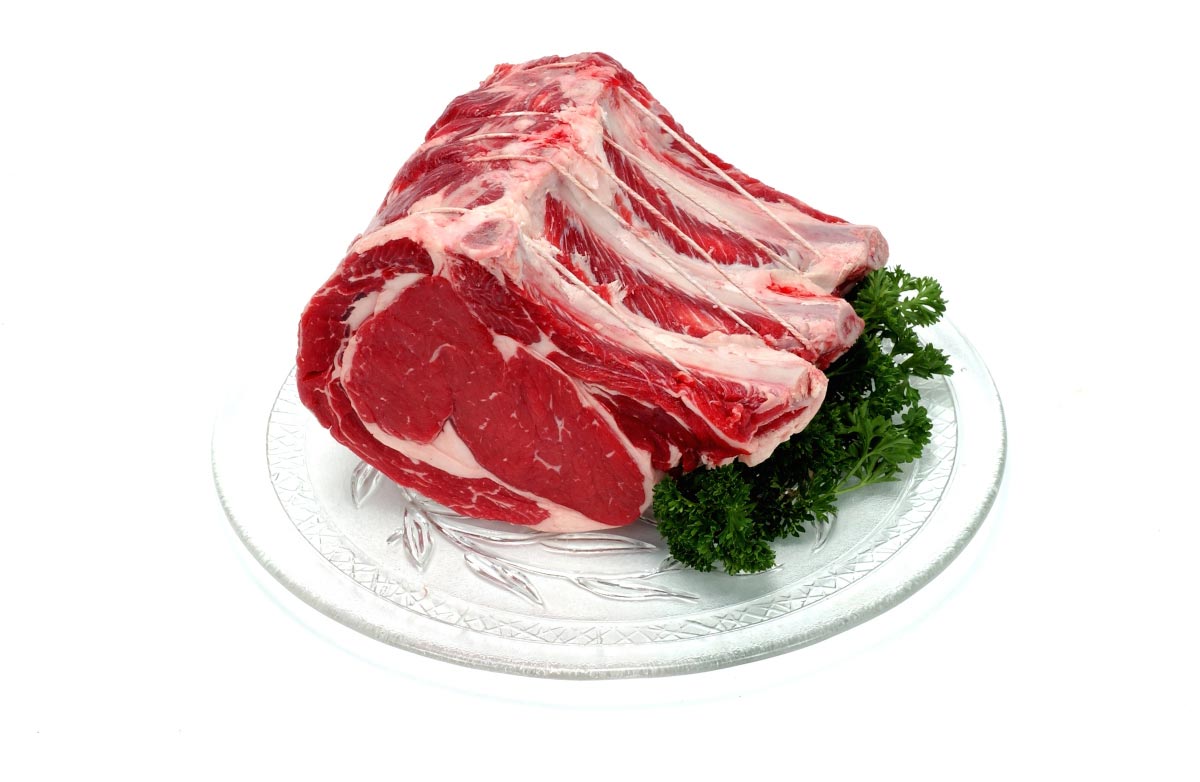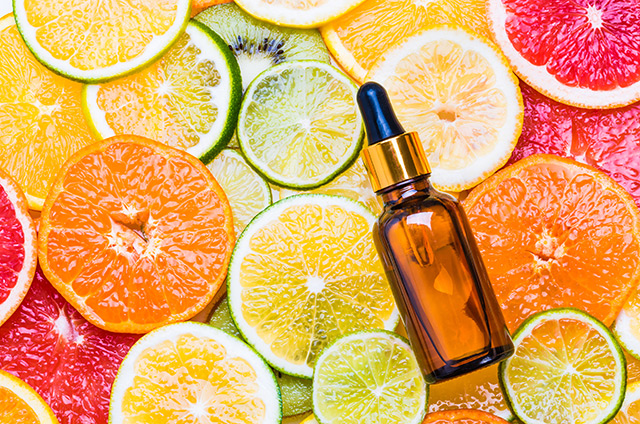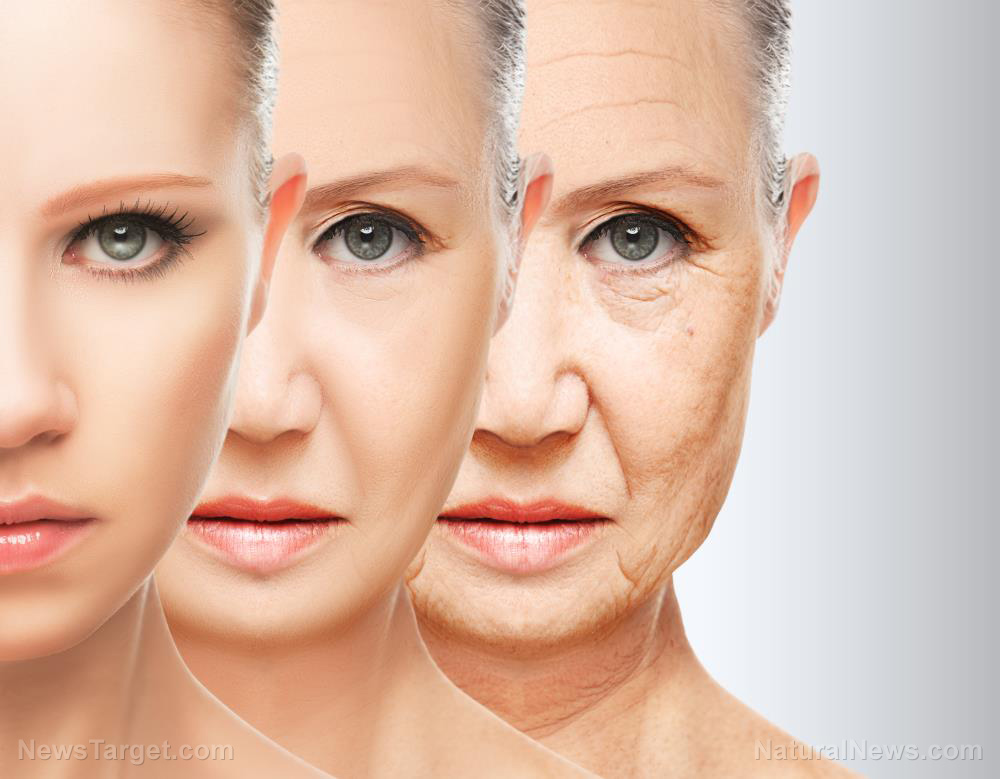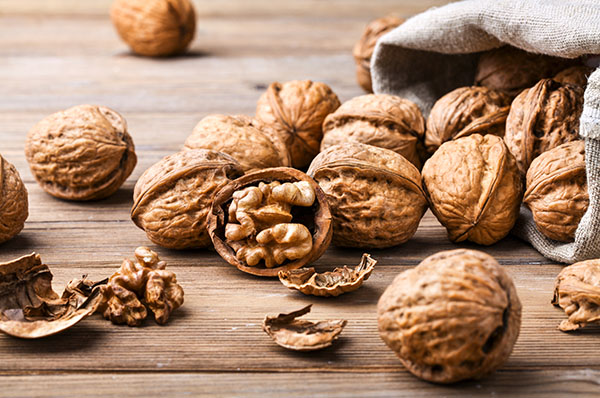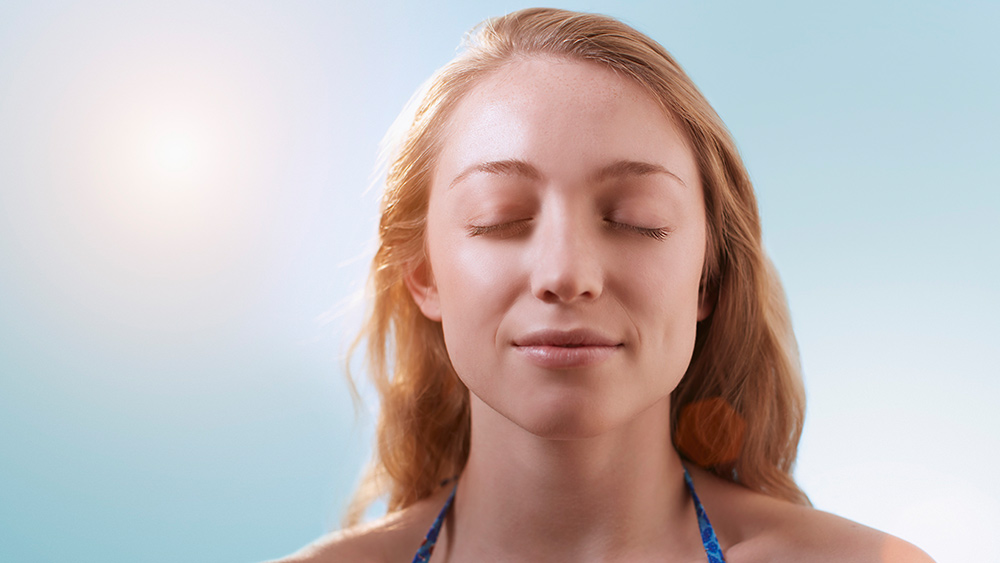Embracing natural solutions to stress with Dr. Michael T. Murray
08/25/2025 / By Kevin Hughes

- Eighty percent of Americans report increased stress, which can lead to severe health issues (e.g., heart disease, weakened immunity). Chronic stress overwhelms the body’s natural defenses, progressing through three phases: Alarm (fight/flight), resistance (ongoing coping) and exhaustion (systemic collapse).
- Stress stems from environmental, emotional and lifestyle factors, often manifesting as insomnia, depression or irritability. Tools like the Social Readjustment Rating Scale help identify stress triggers and predict related health risks.
- Dr. Michael T. Murray advocates a four-pillar strategy consisting of mental attitude (relaxation techniques like meditation, diaphragmatic breathing and biofeedback) to counteract stress responses; diet (eliminating caffeine, alcohol and refined carbs alongside prioritizing nutrient-rich meals) to stabilize blood sugar and mood; exercise (regular physical activity like walking and cycling) to boost endorphins; and supplements and adrenal support (high-potassium foods, adrenal extracts and nutrients) to combat adrenal fatigue from chronic stress.
- A comprehensive, drug-free approach combining lifestyle changes, diet, exercise and natural remedies can restore mental health and well-being. Proactive management of stress, anxiety and insomnia is achievable without pharmaceutical dependence.
In an era where stress has become an almost ubiquitous part of daily life, understanding its profound impact on our health is crucial. According to the American Psychological Association, a staggering 80 percent of Americans reported an increase in stress over just one year, highlighting a silent epidemic that can wreak havoc on both body and mind.
But there is hope. Dr. Michael T. Murray, a leading expert in natural medicine, offers a beacon of hope in his book, “Stress, Anxiety and Insomnia: How You Can Benefit from Diet, Vitamins, Minerals, Herbs, Exercise and Other Natural Methods.” This comprehensive guide provides practical, drug-free strategies to manage and alleviate these pervasive issues.
Stress is more than just a feeling. It is a complex biological response to various disturbances, ranging from environmental toxins to emotional upheavals. While our bodies are equipped to handle everyday stresses, prolonged or intense stress can overwhelm our natural defenses, leading to serious health issues such as heart attacks, strokes and weakened immune systems.
The first step in managing stress is recognition. Many people are unaware of the stressors in their lives, only noticing the physical symptoms like insomnia, depression and irritability. The Social Readjustment Rating Scale, which assigns numerical values to life events, can help individuals gauge their stress levels and predict the likelihood of stress-related illnesses.
Murray explains the three phases of the general adaptation syndrome: Alarm, resistance and exhaustion. The alarm phase is the body’s initial fight or flight response, providing a burst of energy to deal with immediate threats.
The resistance phase follows, allowing the body to continue combating the stressor. However, if stress persists, the exhaustion phase sets in, leading to a collapse of bodily functions.
Murray emphasizes a multifaceted approach to stress management, focusing on four key components: mental attitude, diet, exercise and supplementary measures.
- Mental attitude and relaxation techniques: Calming the mind and fostering a positive outlook are crucial. Techniques such as meditation, prayer and biofeedback can help induce the relaxation response, counteracting the stress response. Diaphragmatic breathing, in particular, is highlighted for its ability to relieve tension and promote relaxation.
- Dietary adjustments: A healthful diet is foundational to stress management. Murray advises eliminating or restricting caffeine and alcohol, cutting out refined carbohydrates and designing a diet rich in vital nutrients. Regular, relaxed meals can help stabilize blood sugar levels, reducing anxiety and emotional instability.
- Regular exercise: Physical activity is a powerful stress reliever. Regular exercise has been shown to reduce depressive symptoms and boost endorphin levels, promoting feelings of well-being. Whether it’s walking, jogging, or cycling, finding an enjoyable activity is key to making exercise a consistent part of your routine.
- Supplementary measures: Supporting the adrenal glands, which play a crucial role in stress resistance, is essential. Chronic stress can lead to adrenal exhaustion, resulting in fatigue, anxiety and reduced immunity. Murray recommends stress management, a high-potassium diet, nutritional supplements and adrenal extracts to support adrenal function.
For those struggling with anxiety, Murray suggests natural alternatives like kava root extract and L.72 Anti-Anxiety, which have been shown to be as effective as standard drug therapy without the common side effects. For depression, St. John’s wort extract is recommended for its mood-enhancing properties and minimal side effects.
Insomnia sufferers can benefit from eliminating sleep disruptors like caffeine, alcohol and drugs. Natural sedatives such as kava and valerian, as well as the amino acid tryptophan, which converts to serotonin in the brain, can promote restful sleep.
Managing stress, anxiety and insomnia requires a comprehensive approach that addresses the root causes of these conditions. By incorporating lifestyle changes, natural remedies and professional guidance, individuals can experience significant improvements in their mental health and overall well-being.
The key to a less stressful life and a good night’s sleep is within reach. Embrace the power of natural methods and take control of your health today.
Watch this video about Dr. Michael T. Murray’s book “Stress, Anxiety and Insomnia: How You Can Benefit from Diet, Vitamins, Minerals, Herbs and Exercise.”
This video is from the BrightLearn channel on Brighteon.com.
Sources include:
Submit a correction >>
Tagged Under:
Alcohol, Anxiety, biofeedback, caffeine, Cures, depression, Diaphragmatic breathing, diet, exercise, insomnia, lifestyle changes, Meditation, mental attitude, Michael Murray, natural cures, natural health, natural medicine, natural remedies, physical activity, relaxation techniques, remedies, stress, stress management, supplements
This article may contain statements that reflect the opinion of the author
RECENT NEWS & ARTICLES
COPYRIGHT © 2017 PHYTONUTRIENTS NEWS



